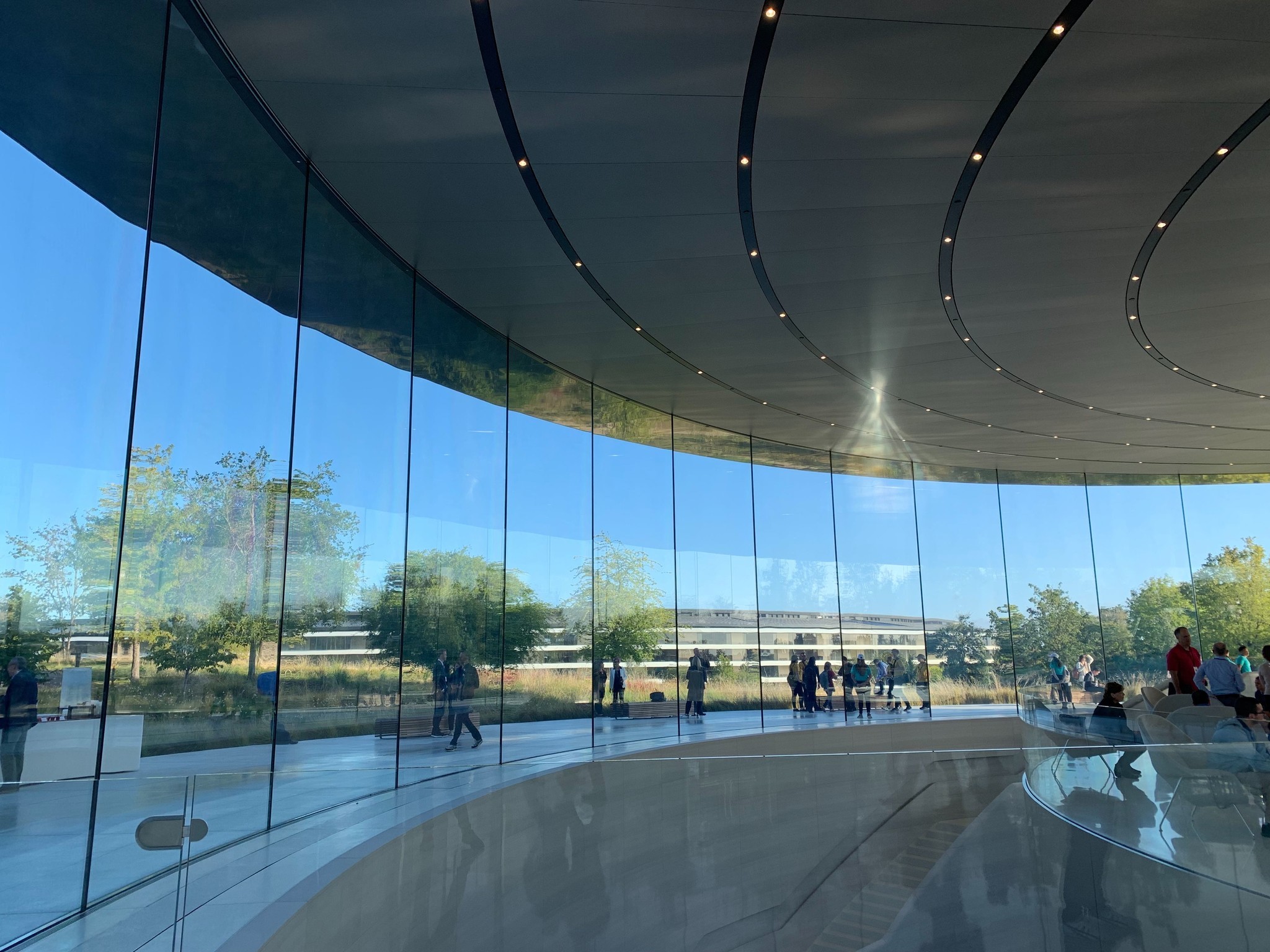Apple's misguided WFH policy risks losing the best and the brightest talent

You don't need to be following along with the ins and outs of Apple's human resources situation too closely to know that team members are less than thrilled with the idea of being told to work from the office at least three days per week. This after they've spent a year working from home five days a week. Apple's sticking to its guns, despite concerns from within that people might leave the company rather than come to the office. But the situation is worse than that. It might struggle to hire people to replace them, too.
Apple has long been one of the companies that likes to have people on-site. It built Apple Park for those people and it's quite the place to be. The fact people still seem to prefer to work from home speaks volumes, although it's always important to remember that Apple has people working all around the globe — not just at its spaceship-looking HQ. It's Apple Park that's causing most of Apple's office-based pushback, though.
The problems Apple faces are obvious, at least to most of us. The area Apple Park is in, and indeed the surrounding areas, are costly. It's that high cost of living that has caused some people to already suggest that they're struggling to meet the commitments they have — and that's on what is presumably a decent Apple salary. As one Twitter user also pointed out, forcing people to work at Apple Park, and live near it, isn't really helping its inclusivity claims if it means a ton of people simply can't afford to apply for jobs there.

Apple will point to the way it's always worked, saying that it needs people in offices and engineers at desks to do the work it does. And that used to be true, but not anymore. Apple has released multiple products over the last year, all while people worked from home. Were there problems? I'm absolutely sure there were, but I'm equally sure they were overcome. We wouldn't have had two WWDCs, Apple silicon, and all of the new hardware and software announces if they weren't. Apple can't say that working from home doesn't work anymore — it's proven that it can and indeed, does. This fall will see it release the best iPhone ever made, after all.
There is already so much competition for the best engineers that Apple can't afford to limit its recruiting pool in this way. Other tech companies are already offering fully remote work. If you're someone who wants to work from home, where will you go? Apple's plush offices are only a draw if you want to work in an office in the first place. Now that so many people have tasted remote work for the first time in their careers, how many does that cover?
This isn't to say that Apple is doomed, of course. It's still Apple and it'll still pull in some great people, whether engineers, writers, designers, or any other vocation you can think of. But will it have the pick of the bunch? Will it be able to cherry-pick the best of the best and the brightest of the bright? Possibly not and, realistically, that's a bad spot to be in when you're trying to change the world. Again.
Master your iPhone in minutes
iMore offers spot-on advice and guidance from our team of experts, with decades of Apple device experience to lean on. Learn more with iMore!

Oliver Haslam has written about Apple and the wider technology business for more than a decade with bylines on How-To Geek, PC Mag, iDownloadBlog, and many more. He has also been published in print for Macworld, including cover stories. At iMore, Oliver is involved in daily news coverage and, not being short of opinions, has been known to 'explain' those thoughts in more detail, too. Having grown up using PCs and spending far too much money on graphics card and flashy RAM, Oliver switched to the Mac with a G5 iMac and hasn't looked back. Since then he's seen the growth of the smartphone world, backed by iPhone, and new product categories come and go. Current expertise includes iOS, macOS, streaming services, and pretty much anything that has a battery or plugs into a wall. Oliver also covers mobile gaming for iMore, with Apple Arcade a particular focus. He's been gaming since the Atari 2600 days and still struggles to comprehend the fact he can play console quality titles on his pocket computer.
